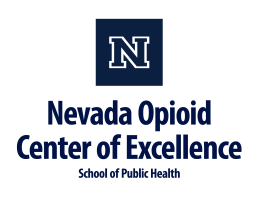This guide offers parents the information they need to raise children who understand the risks of substance use. This guide includes an overview of substance use among children, youth, and young adults; descriptions of substances young people may use; a look at risk factors that may make children, youth, and young adults try alcohol, tobacco, or other drugs—and protective factors that help offset those risks; age-specific suggestions for how to talk to young people about alcohol, tobacco, and other drugs; and tips on what parents can do if they suspect their child is using alcohol, tobacco, or other drugs. The guide, “Growing Up Drug-Free: A Parent’s Guide to Prevention,” was funded by the U.S. Department of Justice, Drug Enforcement Administration and U.S. Department of Education, Office of Safe and Supportive Schools.
